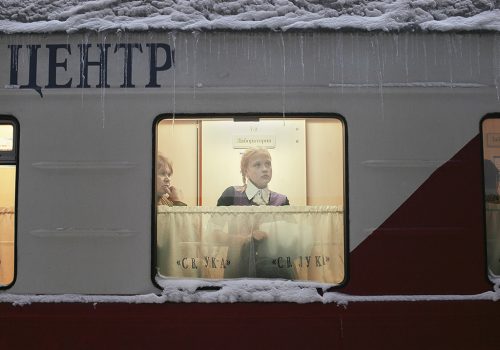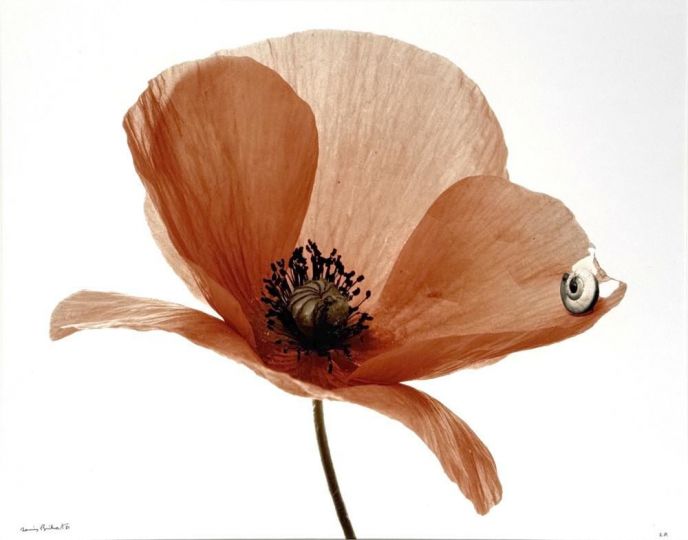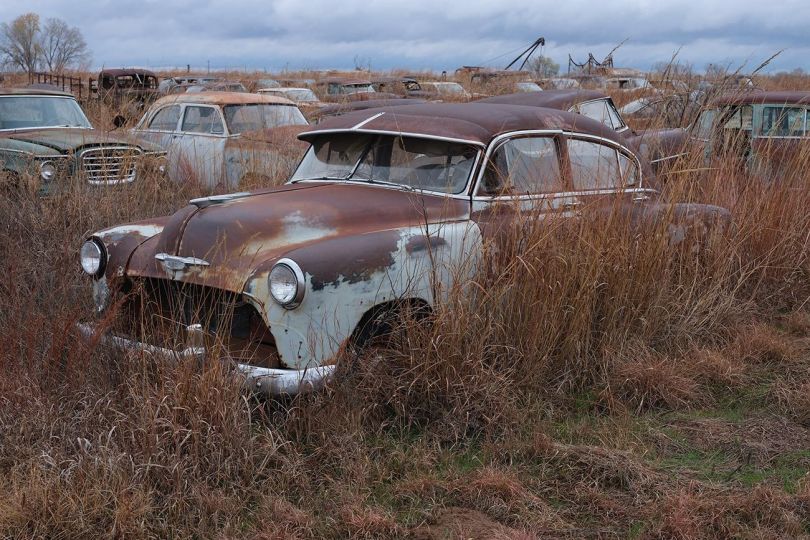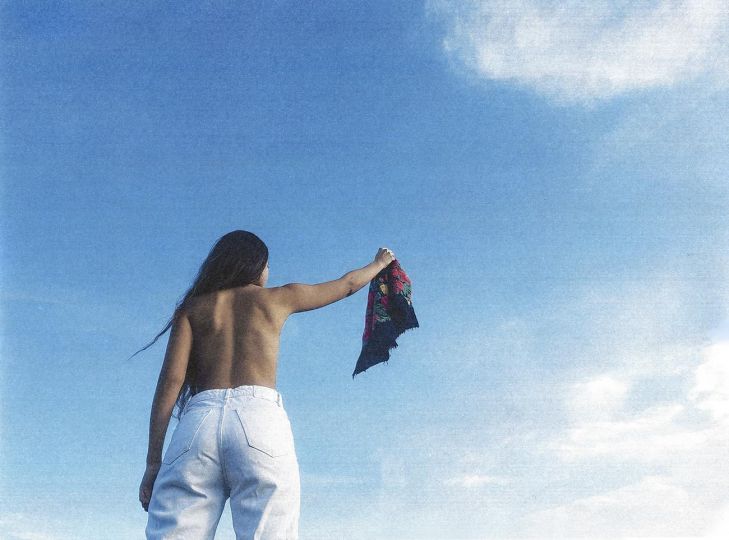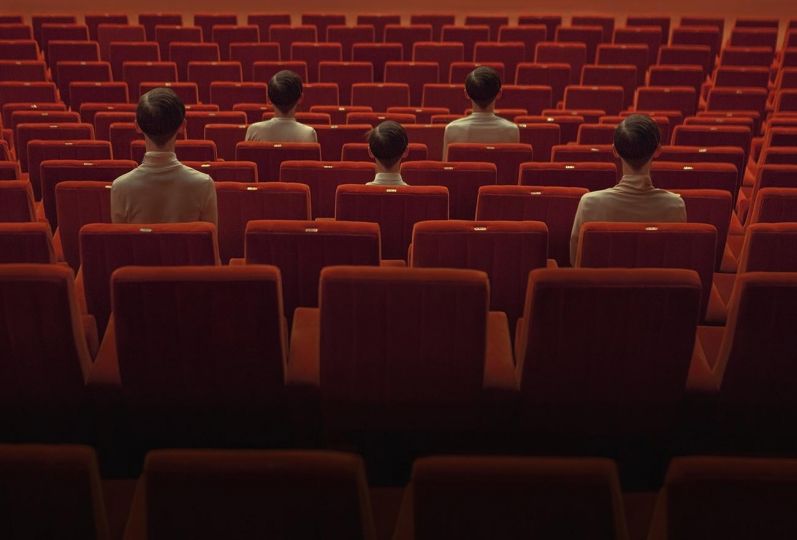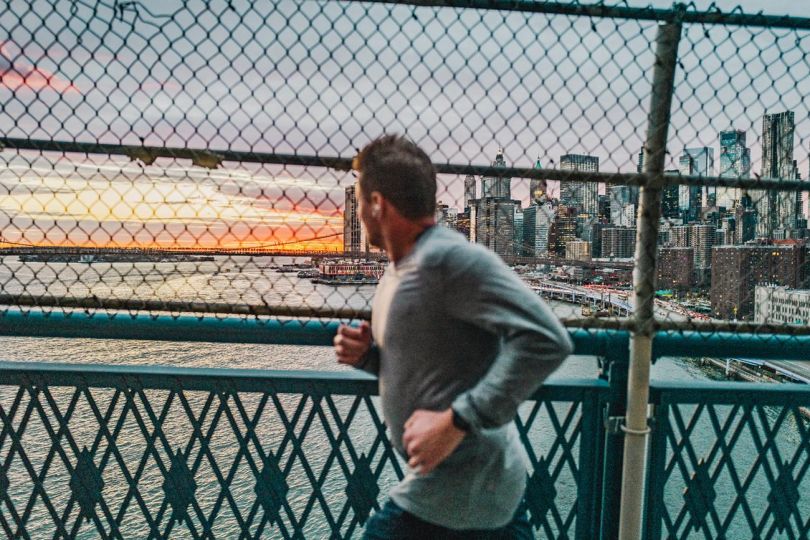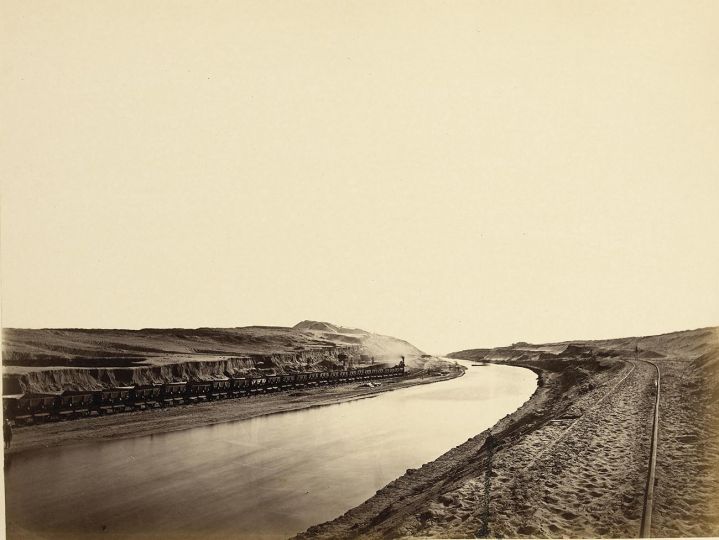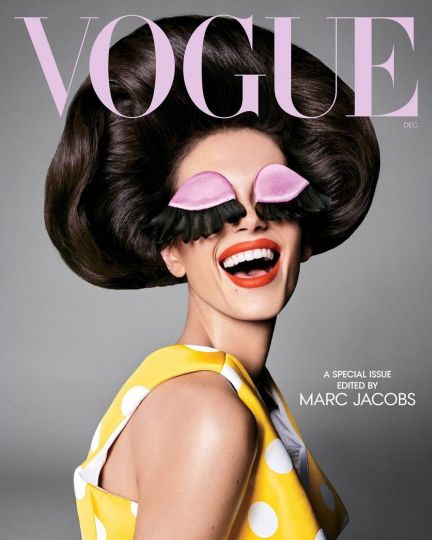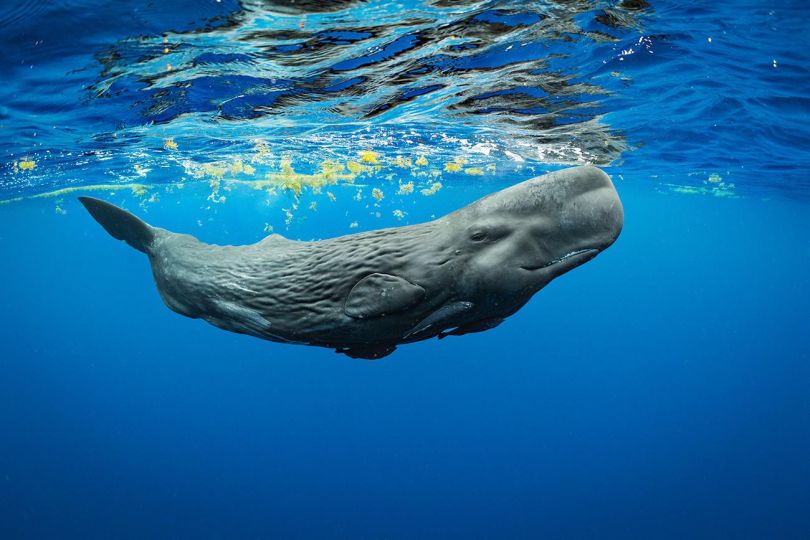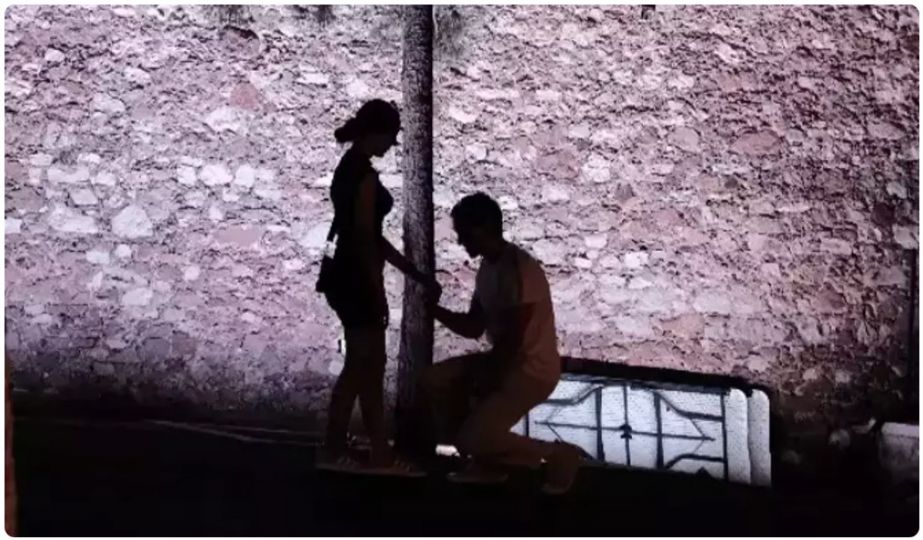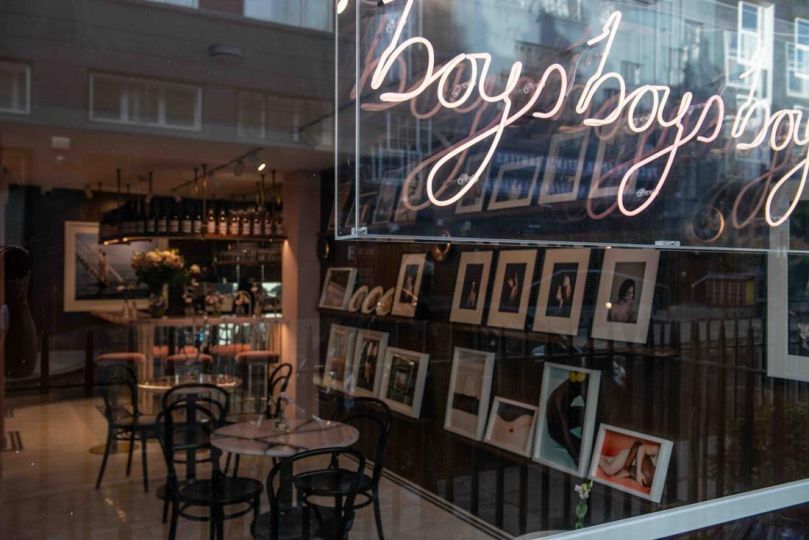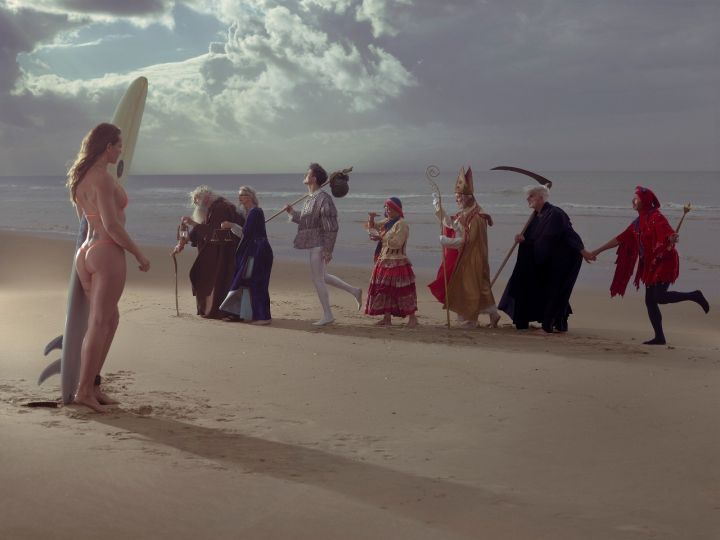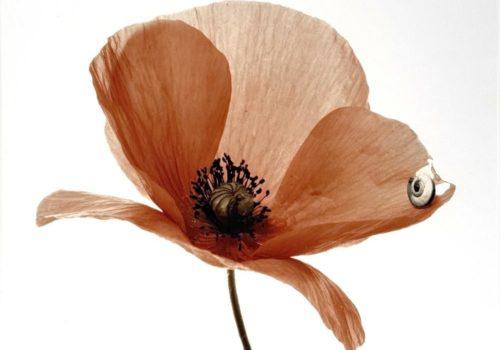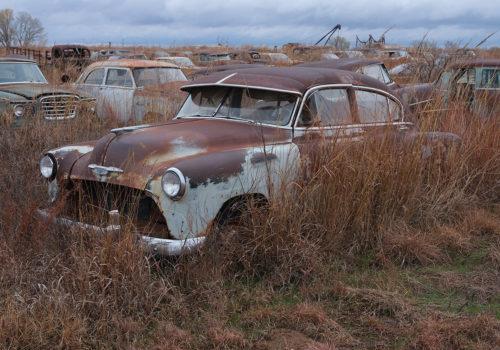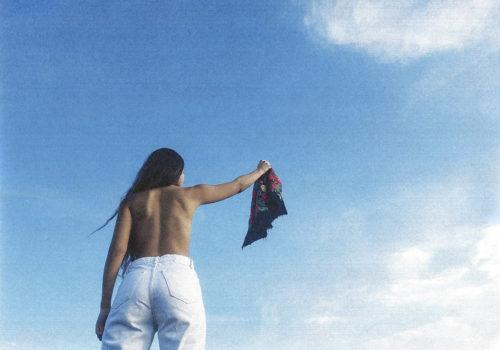The Red Eye: “Circulation (s) is a joyful utopia, a collective thought”
The duo Audrey Hoareau and François Cheval form the artistic direction of the Festival Circulation (s) for its ninth edition at 104 in Paris starting April 20th. The gave an overview before the launch of the event to The Eye of Photography.
What will this edition look like?
François Cheval: We can assume that it will be a little different from previous editions. In particular, according to our analyzes of recent editions, this one will focus on rethinking the visitor’s journey. That is to say, we will no longer be in the accumulation of photographers who find themselves exposed in alphabetical order. It was thought, all together, that this year it may be necessary to operate by large sections, by large groups. What we want this year is to make sure that this Festival is there to record the transformations of young European photography. We are not here to give the market new goods. We are here to feel the contemporary sensitivities these days on the European continent.
So what are they?
Audrey Hoareau: We have identified several themes. We have already realized that there are a good number of photographers who are interested in recovering archival holdings or working on collections of recovered images, or in an intimate setting, family, or in other frames. It’s all the part we’re going to tackle outside the 104, in the big hall. Then we came up with other themes like landscape, how we talk about the landscape today with an ecological and political dimension, how we talk about the concept of territory too. And then we have a theme that relates to the body, the suffering, the intimate pain.
François Cheval: These are personal experiences. These are photographers who work on a traumatic event that hit them and they try to find a therapeutic response with photography.
There is work that you can now reveal to us?
Audrey Hoareau: Yes, among the 37 artists, there is for example, on the theme of the body and the suffering, the work of the German Sina Niemeyer. She recounts her trauma of being sexually abused as a child. Intimate photographs and a shocking video where she will question her attacker who is in denial. A very strong subject.
François Cheval: Yes, we can see here the example of a therapeutic photograph. On the theme of the territory, there is the work of Emile Ducke who was interested in a medical train in Siberia. It’s an incredible story that photography can reveal. This is a fairly classic report, but it points to something that no one knows, including the fact that in this train there is a chapel! This is to say the presence of the Orthodox Church in Putin’s Russia …
Audrey Hoareau: Other work on the territory, that of the Finnish Jaako Kahilaniemi. One day he inherited 100 hectares of forest in Finland. Instead of analyzing how much he could gain, he preferred to question the very nature of this field: what makes it? What changes the territory? How is this a marker of Finnish identity …
François Cheval: There is also the series directed by the French Camille Gharbi, “Proofs of Love”. The artist has addressed the issue of domestic violence. She photographed the objects that were at the origin of aggression in France: a knife, a baseball bat, an iron … This work, we wanted to show at the Gare de l’Est as part of the partnership we have with the train station.
Audrey Houareau: For us it was important to exhibit this work in a place where 170,000 people passed each day.
You created “The Red Eye” in 2016, a structure dedicated to photography. I imagine this artistic direction is a great opportunity for you?
Audrey Houareau: There are many things brought together in this project. All these young photographers, a team that is really competent, the place (the 104) that is in a district of Paris where there is is a public that interests us, the challenge of targeting teenagers … All this motivates us and it is part of the kind of projects we want to defend with The Red Eye.
François Cheval: What interests us is to find an audience for intelligent and sensitive forms. It’s a meeting that suits us really well. It’s a collective thought, a collective action … We like that a lot. Circulation (s) has a bit of “joyful utopia”.
Interview by Jean-Baptiste Gauvin

